If you’re an avid gardener, you may have heard of neem oil as an organic and effective way to control pests. However, you may be wondering if it’s safe to eat the vegetables sprayed with neem oil. Neem oil is derived from the neem tree (Azadirachta indica) and has been used for centuries in Ayurvedic medicine and agriculture. In recent years, it has gained popularity as an alternative to chemical pesticides due to its natural properties.
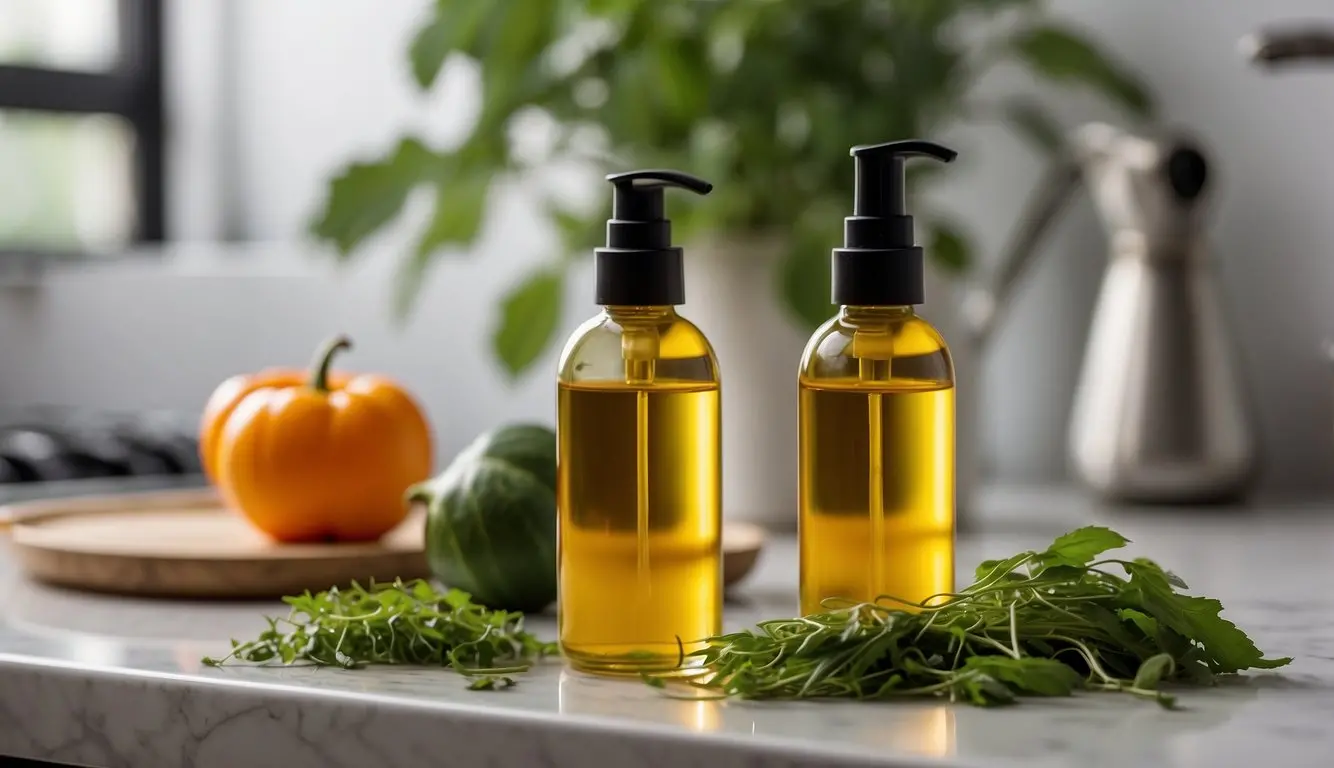
The short answer is yes, you can eat vegetables sprayed with neem oil, but there are some precautions you should take. Neem oil is safe to use on both fruits and vegetables, but it’s important to wash them thoroughly before consuming them. Additionally, it’s not advisable to spray neem oil on vegetables if you’re going to consume them the next day. In this article, we’ll delve into the safety profile of neem oil and best practices for its application to help you make an informed decision.
Key Takeaways
- Neem oil is safe to use on fruits and vegetables, but it’s important to wash them thoroughly before consuming them.
- It’s not advisable to spray neem oil on vegetables if you’re going to consume them the next day.
- Following best practices for neem oil application can help you safely use it as an alternative to chemical pesticides.
Table of Contents
Overview of Neem Oil
Neem oil is a natural extract derived from the seeds of the neem tree (Azadirachta indica), which is native to India and other parts of Asia. It has been used for centuries in traditional medicine, as well as for pest control and other agricultural purposes.
Properties of Neem Oil
Neem oil contains several active ingredients that give it its unique properties. The most important of these is azadirachtin, which is a potent insecticide and repellent. Other compounds found in neem oil include nimbin, nimbidin, and nimbinin, which have antifungal, antibacterial, and anti-inflammatory properties.
Neem oil is also rich in essential fatty acids, including oleic acid, stearic acid, and palmitic acid. These fatty acids help to moisturize and nourish the skin, making neem oil a popular ingredient in skincare products.
Common Uses in Agriculture
In agriculture, neem oil is primarily used as a natural pesticide and insecticide. It is effective against a wide range of pests, including aphids, whiteflies, mites, and thrips. Neem oil is also effective against certain fungal diseases, such as powdery mildew and black spot.
Neem oil can be used on a variety of crops, including fruits, vegetables, and ornamental plants. It is safe to use on most plants, although some sensitive species may be damaged by neem oil. Neem oil is also safe for humans and other animals, making it a popular choice for organic farming and gardening.
Overall, neem oil is a versatile and effective natural product that has a wide range of uses in agriculture and beyond. Its unique properties make it a valuable tool for pest control, skincare, and other applications.
Safety Profile of Neem Oil
Neem oil is a popular organic pesticide that is derived from the seeds of the neem tree. It is widely used in agriculture to control pests and diseases in crops. Neem oil is considered safe for humans and animals when used properly. In this section, we will discuss the safety profile of neem oil.
Toxicological Studies
According to a study published in the Journal of Toxicology, neem oil is relatively safe for humans and animals. The study found that neem oil has a low toxicity level and does not cause any adverse effects when ingested in small amounts. However, the study also found that high doses of neem oil can be toxic and cause adverse effects such as vomiting, diarrhea, and kidney damage.
Regulatory Guidelines
In the United States, neem oil is considered a minimum-risk pesticide by the Environmental Protection Agency (EPA). This means that it is exempt from registration under the Federal Insecticide, Fungicide, and Rodenticide Act (FIFRA). However, the EPA still requires that neem oil products be labeled with cautionary statements and directions for use.
In Canada, neem oil is classified as a biopesticide by the Pest Management Regulatory Agency (PMRA). Biopesticides are considered to be low-risk pesticides that are derived from natural sources. The PMRA requires that neem oil products be registered and meet certain safety and efficacy standards.
Overall, neem oil is considered safe for humans and animals when used properly. It is important to follow the directions for use and safety precautions listed on the product label. If you have any concerns about using neem oil, consult with a qualified professional or contact your local agricultural extension office.
Consumption of Neem Oil-Treated Vegetables
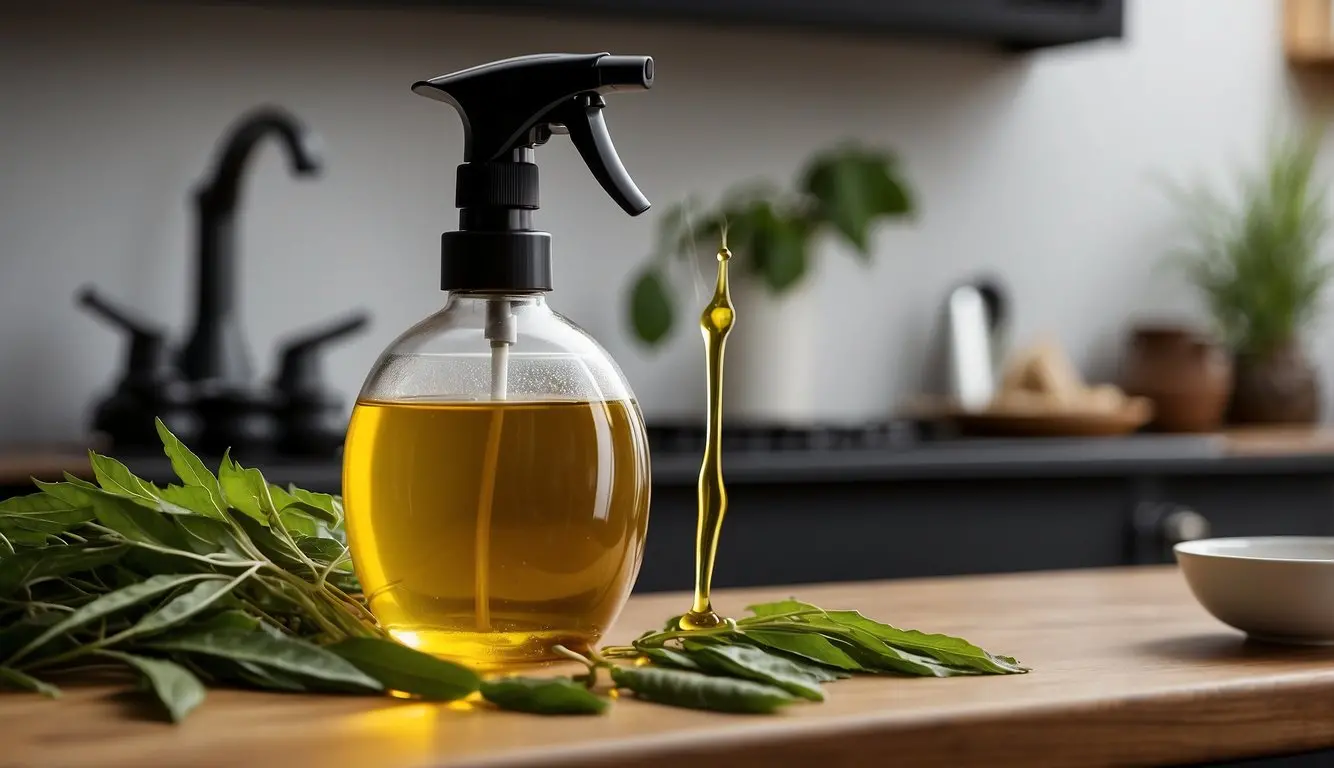
If you are wondering whether you can eat vegetables sprayed with neem oil, the answer is yes. Neem oil is safe to use on vegetables and fruits, but it is important to take certain precautions before consuming them.
Risks of Ingesting Neem Oil
Neem oil is generally safe for human consumption, but it is not recommended to ingest it in large amounts. According to a source, ingesting neem oil can cause vomiting, diarrhea, and even kidney damage. Therefore, it is important to use neem oil in moderation and follow the recommended application instructions.
Washing and Preparing Vegetables
Before consuming neem oil-treated vegetables, it is important to wash them thoroughly. Washing the vegetables with soapy water will help remove any lingering traces of neem oil. You can also peel the vegetables to remove any residue that may be present on the skin.
It is also recommended to wait for at least 24 hours after the neem oil application before harvesting the vegetables. This will give the neem oil enough time to break down and become less toxic.
In summary, neem oil is safe to use on vegetables and fruits, but it is important to use it in moderation and follow the recommended application instructions. When consuming neem oil-treated vegetables, make sure to wash them thoroughly and wait for at least 24 hours after the application before harvesting.
Best Practices for Neem Oil Application
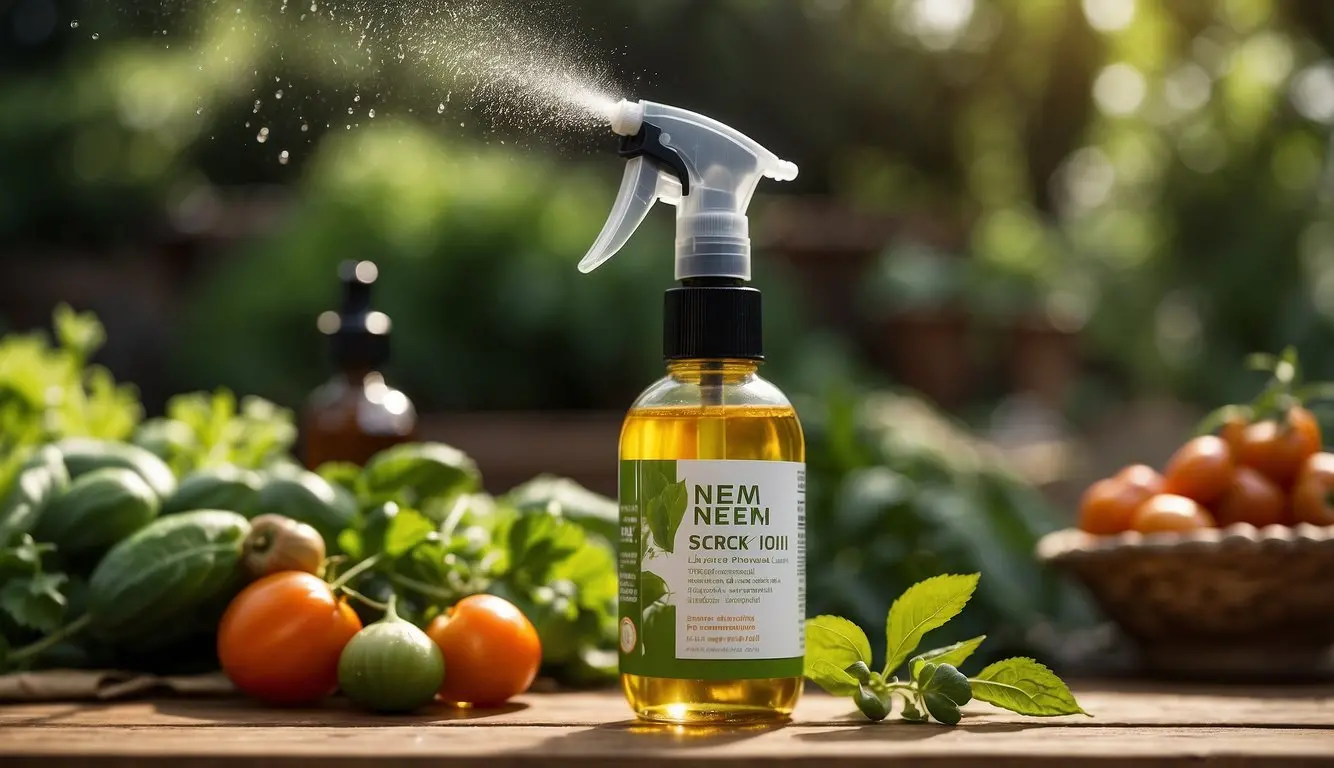
Application Timing
When applying neem oil to your vegetables, timing is important. It is recommended to apply the oil in the early morning or late evening when temperatures are cooler. This will help prevent the oil from evaporating too quickly and ensure maximum absorption by the plants.
It is also important to avoid applying neem oil when the plants are in direct sunlight. This can cause the oil to burn the leaves and damage the plant. Wait until the sun has gone down or apply the oil on a cloudy day.
Dosage and Concentration
The dosage and concentration of neem oil used can vary depending on the type of plant and the severity of the pest problem. It is important to follow the instructions on the label carefully and not exceed the recommended dosage.
As a general rule, a concentration of 0.5% to 2% neem oil is recommended for most plants. For more severe pest problems, a higher concentration of up to 5% can be used, but this should be done with caution as it can cause damage to the plant.
When mixing neem oil with water, it is important to use warm water to help the oil dissolve. Use a measuring cup or spoon to ensure accurate measurement of the oil and water. Once mixed, use a sprayer to apply the solution evenly on the plants.
By following these best practices for neem oil application, you can ensure that your vegetables are safe for consumption and free of harmful pests.
Alternatives to Neem Oil for Pest Control
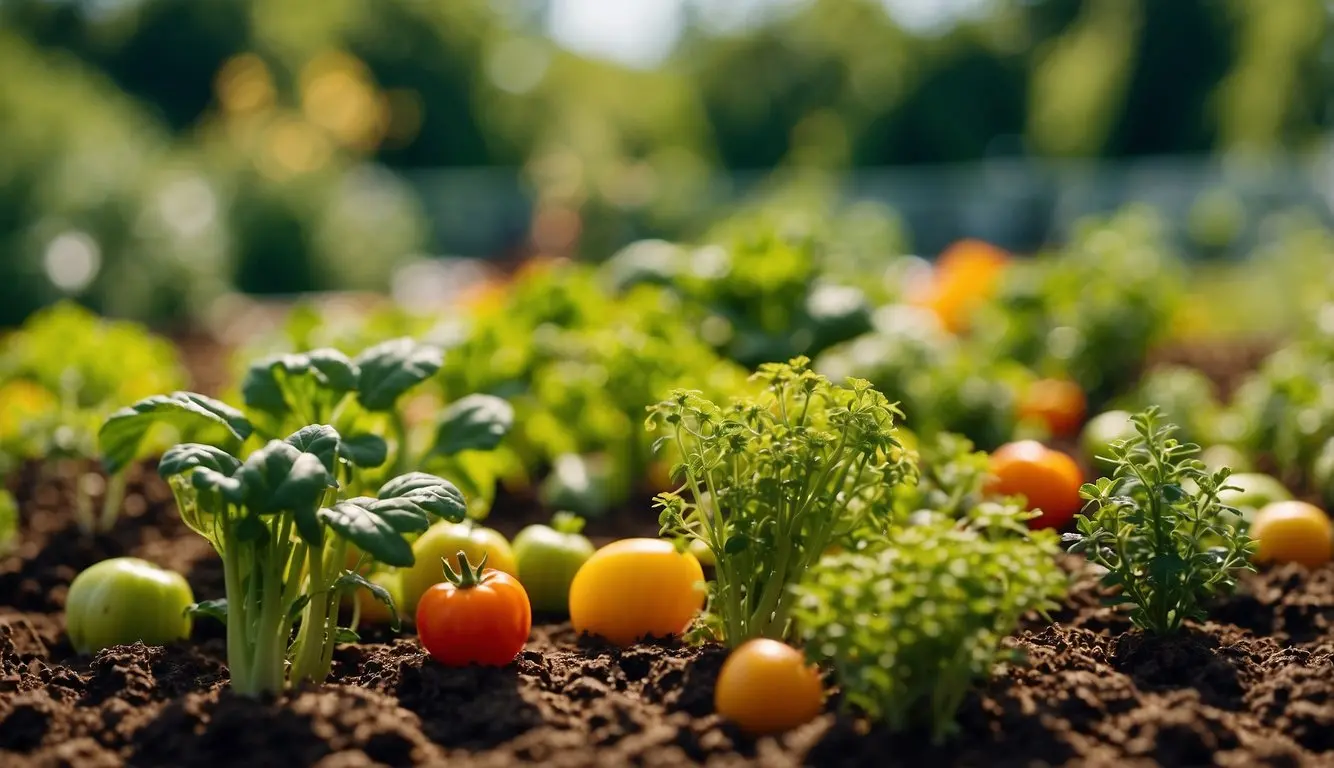
If you’re looking for natural alternatives to neem oil for pest control, there are several options available. Here are a few:
1. Homemade Insecticidal Soap
Insecticidal soap is a common and effective natural pesticide. You can make your own by mixing 1 tablespoon of mild liquid soap (such as castile soap) with 1 quart of water. Spray the solution directly on the pests to kill them.
2. Diatomaceous Earth
Diatomaceous earth is a powder made from the fossilized remains of tiny aquatic organisms called diatoms. It is effective at killing insects with exoskeletons, such as aphids, mites, and thrips. Sprinkle the powder on the affected plants and pests, and it will dehydrate and kill them.
3. Essential Oils
Essential oils such as peppermint, rosemary, and clove can be mixed with water and used as a natural pesticide. These oils have strong scents that repel insects, and they can also kill them on contact.
4. Bacillus Thuringiensis
Bacillus thuringiensis (Bt) is a naturally occurring bacteria that is toxic to certain insects. It is commonly used to control caterpillars, mosquitoes, and other pests. Bt is available in liquid and powder forms, and it can be sprayed directly on the affected plants.
Using natural alternatives to neem oil for pest control can be effective and safe for your vegetables. However, it’s important to note that these methods may not be as potent as chemical pesticides, and you may need to apply them more frequently.
Conclusion
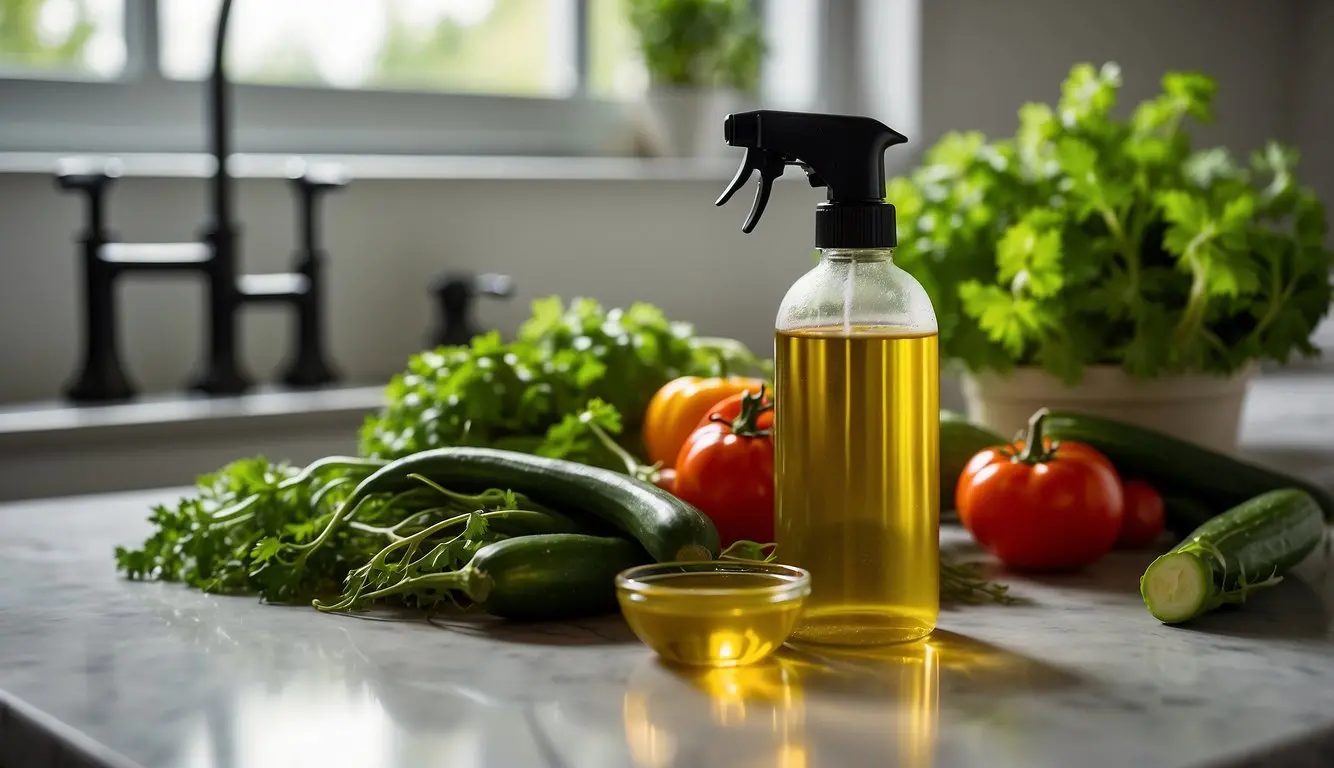
In conclusion, neem oil is safe to be used on edible plants, including vegetables. However, it is important to note that neem oil should be used in moderation and according to the manufacturer’s instructions. If you plan to consume the vegetables that have been sprayed with neem oil, make sure to wash them thoroughly before consuming them.
Neem oil can be a great organic alternative to chemical pesticides, as it can repel pests like aphids, whiteflies, and mealybugs from invading your garden. It is also safe to use around other animals like cats and dogs. Even if they eat a vegetable or fruit that was recently treated with neem oil, they will be fine. However, children, pregnant women, and women who are nursing should be slightly more cautious with neem oil.
Overall, neem oil is a safe and effective way to protect your vegetable garden from pests without harming the environment. Just remember to use it responsibly and in moderation to ensure the safety of your plants and yourself.
Frequently Asked Questions
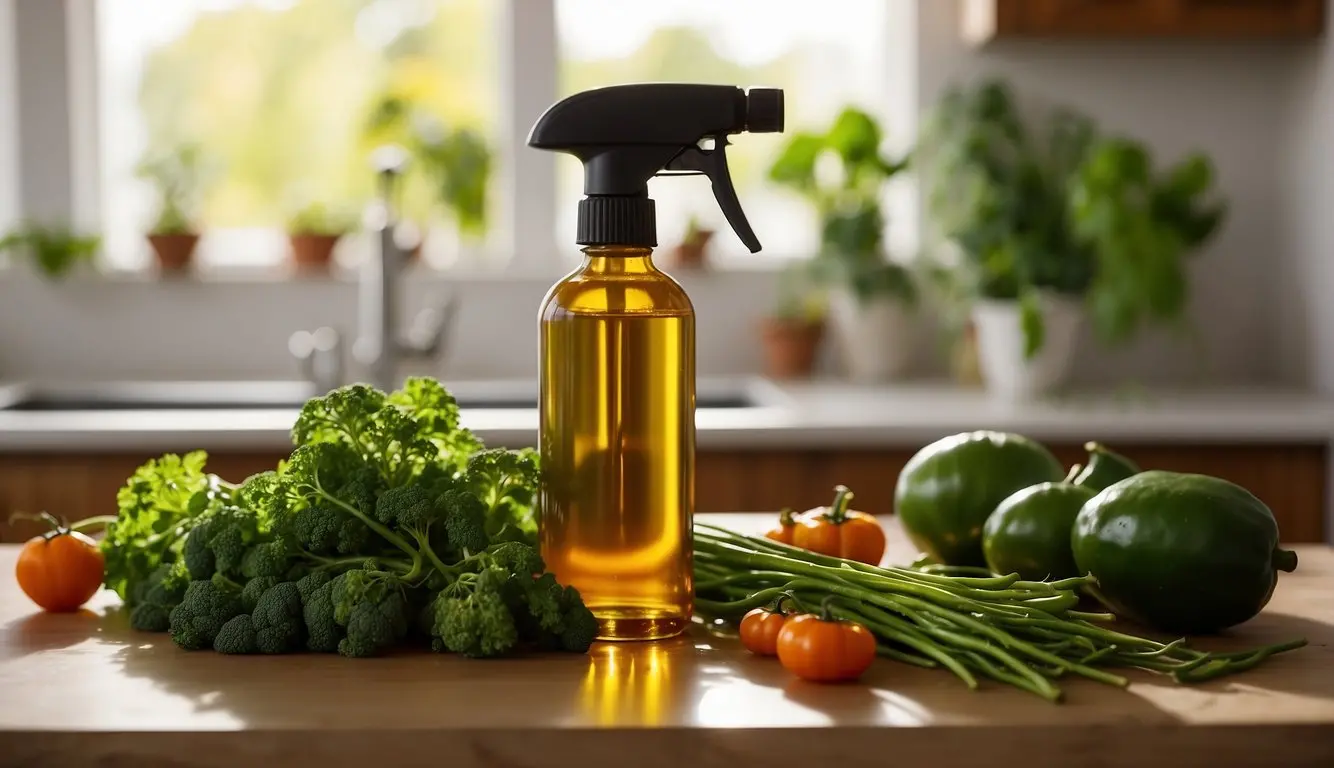
How long should I wait to harvest vegetables after applying neem oil?
According to Backyard Garden Geek, vegetables sprayed with neem oil can be harvested as early as 24 hours after the initial application. However, it is advisable to wait for at least 48 hours before harvesting to ensure that the neem oil has dried and is no longer present on the vegetables.
Is it necessary to rinse off neem oil before consuming treated vegetables?
Yes, it is necessary to rinse off neem oil before consuming treated vegetables. As Garden Tips for All explains, “Make sure you wash the vegetables thoroughly before consuming them.” This will help remove any traces of neem oil and ensure that the vegetables are safe to eat.
Can neem oil residue affect the taste or safety of my vegetables?
No, neem oil residue does not affect the taste or safety of vegetables. As Up Backyard explains, “Neem oil is organic and safe for humans.” Even if there is a small amount of neem oil residue on your vegetables, it will not affect their taste or safety.
Are there any specific vegetables that should not be treated with neem oil?
No, neem oil is safe to use on all types of vegetables. As Plant Care Today explains, “Neem oil is safe to use on vegetables.” However, it is important to follow the instructions carefully and not exceed the recommended dose.
What precautions should be taken when applying neem oil to edible plants?
When applying neem oil to edible plants, it is important to wear gloves and protective clothing to avoid skin irritation. As Tips Bulletin explains, “It’s important to use gloves and protective clothing when handling Neem oil.” Additionally, it is important to follow the instructions on the label carefully and not exceed the recommended dose.
Does neem oil treatment affect the nutritional value of vegetables?
No, neem oil treatment does not affect the nutritional value of vegetables. As Plant Care Today explains, “Neem oil treatment does not affect the nutritional value of vegetables.”
- Best Brush Cutter: Top 5 Models for Lawn Maintenance in 2024 - January 10, 2024
- Protecting Your Garden from Rodent Damage: Tips and Tricks - December 14, 2023
- Small Space Gardening: Transform Your Garden with Raised Beds - December 10, 2023
